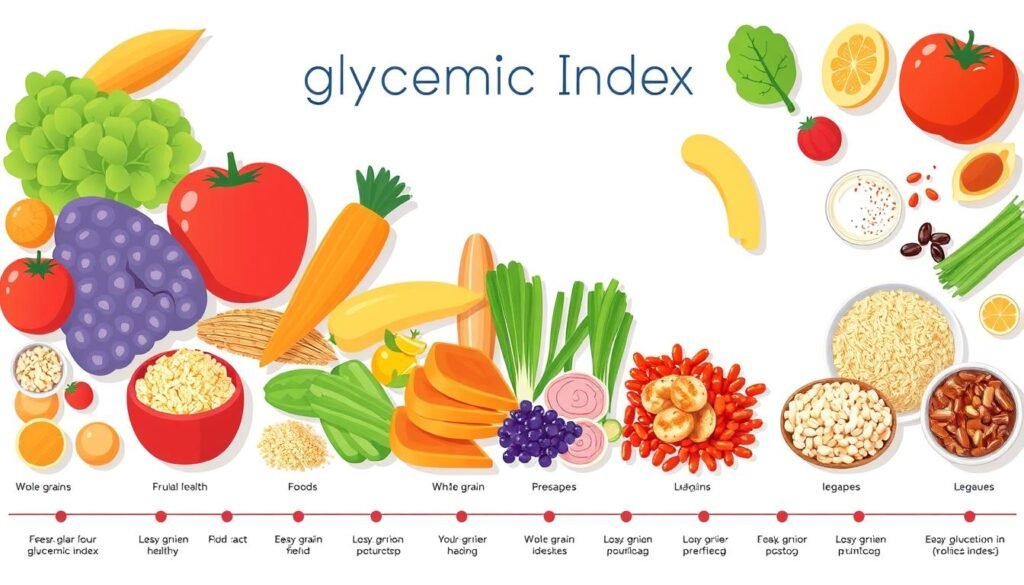Plant-Based Diet for Diabetics: Why It Works
In 2019, about 463 million people around the globe had diabetes. By 2030, this number might jump to 578 million. This sharp rise shows we need better ways to manage diabetes. A Plant-Based Diet can be a strong way not just to prevent type 2 diabetes but also to manage it if you already have […]
Plant-Based Diet for Diabetics: Why It Works Read More »









